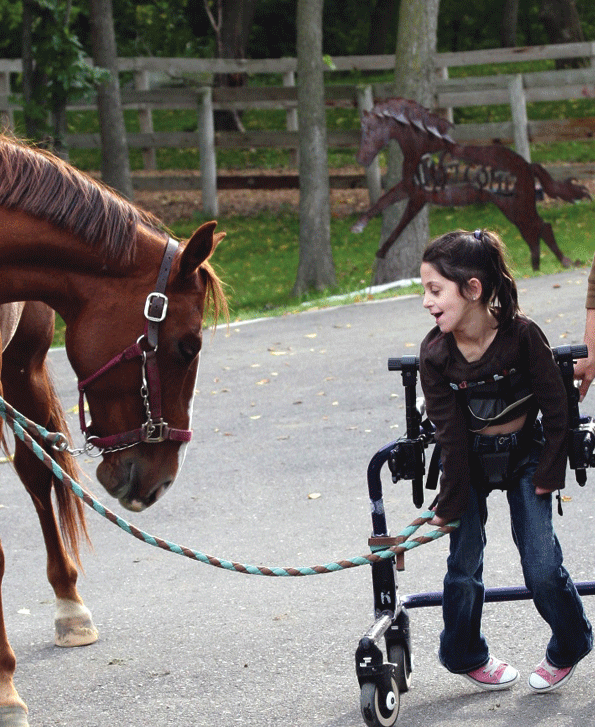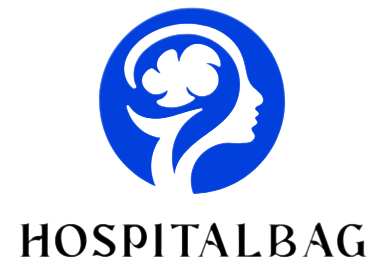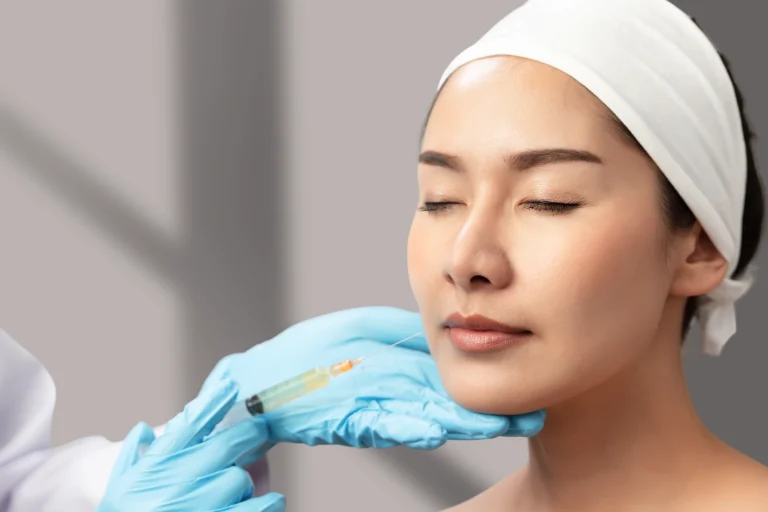
Equine-assisted psychotherapy (EAP) is a revolutionary therapy using horses that involves a comprehensive therapeutic program where special needs horseback riding is just one of the many activities.
If you have ever come across the term hippotherapy in a facility offering special needs horseback riding near me,it would be a good opportunity to learn more about this method and help you differentiate it from therapeutic riding.
According to the Hippotherapy Association, it is defined as a physical, occupational or speech therapy treatment that uses equine movement. It is about the movement of horses in its repetitive and rhythmic nature that serves as the foundation for sensory processing.
On the other hand, therapeutic riding involves a series of programs that include riding, learning activities, physical activities, and other benefits associated with riding.

For instance, in a special needs horseback riding therapy program, hippotherapy can be a component within the treatment series targeting areas with special needs.
Hippotherapy has been found beneficial in helping treat patients with cerebral palsy, stroke, autism, traumatic brain injury, learning and language disabilities, multiple sclerosis, and developmental delays.
The use of hippotherapy in treatment is based on a number of factors such as challenges in physical and cognitive abilities, psychological conditions, and trauma.
An effective hippotherapy program combines the multi-dimensional movement of a horse with that of the patient, which is based on a careful assessment of the underlying conditions of the rider by the attending therapist.
It is based on the concept that the variable and individual rhythm, tempo, gait, cadence, and repetition of the horse’s movement has the capacity to influence neuromuscular development in humans. It stimulates a series of complex mental and physical reactions to adjust and align properly with the horse.
There are three known benefits of treatment involving hippotherapy.
Physical benefits
Among the physical benefits of hippotherapy are improved gross motor skills, control of extremities, trunk core strength, reduced abnormal muscle tone, respiratory control, and improved postural symmetry.
This is due to the horse’s three-dimensional movement from its gait, which is similar to humans and helps patients determine their physical responses in tune with the horse’s movement. The same applies when a patient-rider makes subtle adjustments and position to maintain proper posture and balance.
Cognitive benefits
Similar to the physical benefits, hippotherapy also provides cognitive benefits to patients such as improved visual coordination, focus, sensory input, tactile response, enhanced abilities to express thoughts and needs, and improved grading and timing of responses.
Psychological benefits
The common psychological benefits of hippotherapy are improved self-esteem and confidence, improved mood and well-being through animal interaction, improved social skills through social interaction.
There are notably very few risks in hippotherapy, however, it is always paramount to seek expert advice from professionals for safety and security before considering one.






